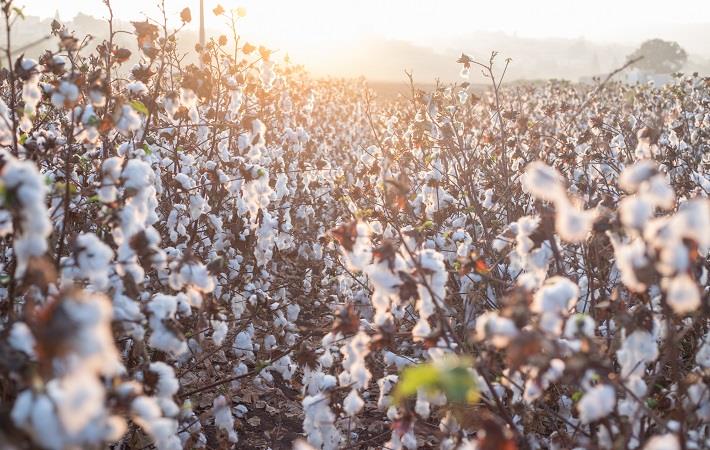
“This breakthrough in ending systematic, state-imposed forced labour was catalysed by the brave labour and human rights defenders in Uzbekistan who took great risks to expose human rights violations in the cotton sector. Their years of fearless monitoring and reporting drove the world to take action to protect Uzbek workers,” said Umida Niyazova, director of Uzbek Forum for Human Rights.
Responding to a petition by Uzbek civil society activists calling for a boycott of Uzbek cotton in 2009, companies began making individual commitments and the Cotton Campaign launched its Uzbek Cotton Pledge Against Forced Labour.
Since then, 331 brands and retailers signed the Uzbek Cotton Pledge, including many of the world’s largest brands including C&A, Gap Inc. and Tesco.
“After encouraging hundreds of companies to avoid Uzbek cotton over the past 12 years, we’re happy to announce the time has come to lift the Uzbek Cotton Pledge,” said Patricia Jurewicz, chief executive officer of Responsible Sourcing Network and Cotton Campaign co-founder, in a press release.
Although Uzbek Forum’s report found that cotton was harvested without systematic state-imposed forced labour, the monitors found cases of coercion and interference by local authorities, as well as individual cases of forced labour.
In addition, independent groups that conduct field-level monitoring and capacity building are unable to register and operate freely, putting progress at risk.
Fibre2Fashion News Desk (DS)